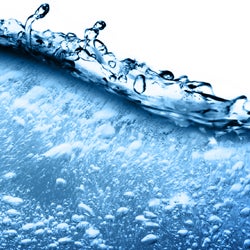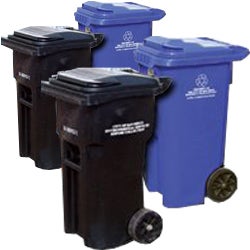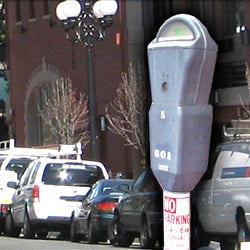Rechargeable Battery Recycling

Rechargeable batteries are an excellent environmentally friendly and cost saving way to power many products such as laptop computers, cordless phones, power tools, camcorders, cellular phones, and computer games. Rechargeable batteries put the "reduce, reuse, recycle" motto into practice: they reduce the need for resources to be spent on the one-time use alkaline batteries; they are reused every time they are recharged; and, they can be recycled into new products at the end of their useful life.
Why recycle? California reports that more than 34,000 tons of toxic batteries are landfilled and only about 16% are recycled. These batteries contain toxic heavy metals such as cadmium, mercury and lead classifying them as a type of hazardous waste called universal waste.
Call2Recycle, is a nonprofit, public service organization that has been promoting voluntary recycling of rechargeable batteries including:
- Lithium Ion (Li-ion)
- Nickel Cadmium (Ni-Cd)
- Nickel Metal Hydride (NiMH)
- Small Sealed Lead (Pb, weighing less than 2 pounds)
On its web site, the Rechargeable Battery Recycling Corporation lists by city, state or zip code the locations voluntarily accepting rechargeable batteries. More than 60 locations within San Diego city limits accept these batteries including Black & Decker, Best Buy, Cellular One, Circuit City, Kragen Auto Parts, Office Depot, Radio Shack, Sears, Staples, Target, and Wal-Mart stores. Call the location nearest you for information.
New laws require everyone to recycle rechargeable batteries. Effective February 9, 2006, State law mandates that solid waste facilities, such as Miramar Landfill, can no longer accept universal waste including batteries. Assembly Bill 1125 (Pavley) established the Rechargeable Battery Recycling Act of 2004. Effective July 1, 2006, this Act requires retailers that sell rechargeable batteries to take back these batteries for recycling, reuse, or proper disposal at no cost to the consumer.
For more information, visit the Links and Resources page.























